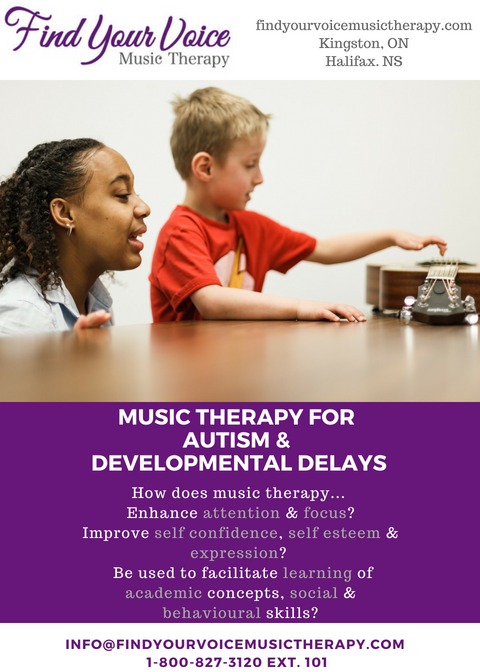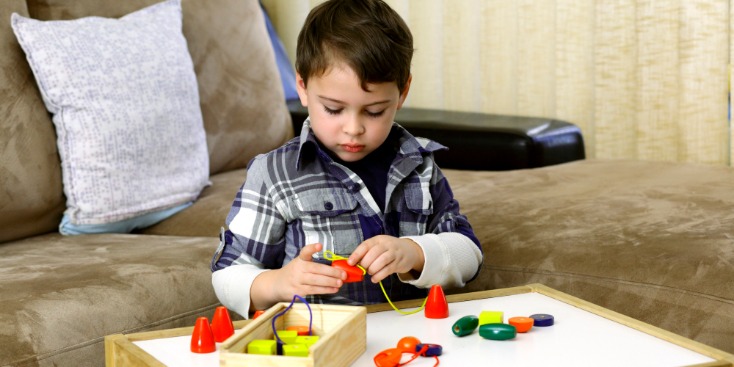North Vancouver, Richmond therapist- music therapy Autism

It affects the development of the child’s social, verbal and cognitive abilities. Some of the characteristics of children in the autistic spectrum include deficits in communication and social skills, as they often fail to relate to others and share their feelings.
However, music with videos can be over-stimulating for some children with autism. Parents should preview music videos before showing them to their children.
Integrating Music Therapy into Autism Treatment
It covers a wider array of development areas and is often more engaging for individuals, leading to greater participation and progress. Sometimes, I imagine my son sees the world in song, that notes make as much sense to him as letters or numbers.
FAQ’s About Music Therapy for Autism
Music therapy can help individuals with autism in multiple ways, such as enhancing communication skills, managing sensory sensitivities, and improving emotional regulation. Read more about piano lessons for autism here. Listening experiences can provide additional tactile and visual experience and help to raise awareness of sound and of another person creating that sound. Music and musical experiences can provide infinite kinds of relationships which can be the key to successful therapy with autistic persons. Once the barrier has been interrupted and contact established, the music therapist can pursue a variety of structured musical experiences that continue to engage these individuals and draw them further from their internal, ritualistic world.
From the biblical scene of David playing harp to the Gnaoua ritual in Maghreb, anecdotal testimonies of the healing effect of music are reported in all cultures. In the history of psychiatry, music was a component of the moral treatment advocated by Pinel in the eighteenth century. Since music remains one aspect of the milieu and occupational therapy of patients receiving ambulatory care for chronic mental health conditions. It is after the Second World War that music therapy became a structured psychotherapy in North America to treat veteran (10). Nordoff and Robbins (11) created a structured method known as “creative musical therapy” based on the principle of a relational component of music. Mixed methods (e.g., Treatment and Education of Autistic and Communication Handicapped Children—TEACCH) aim to reduce problematic behaviors in a behavioral approach while considering the child’s specific developmental level. Parental guidance is an essential aspect of these programs to allow the child’s emerging competences to be generalized into his natural environment (7).
Music therapy uses music experiences and the relationships that develop through them to enable people to relate to others, to communicate, and to share their feelings. In this way, music therapy addresses some of the core problems of autistic people. The application of music therapy requires specialised academic and clinical training. This helps therapists in tailoring the intervention to the specific needs of the person. We wanted to investigate whether music therapy helps autistic people compared with other options. Music therapy for autism is used to help individuals with social interaction, verbal communication, initiating behavior, and reducing anxiety. The benefits of music therapy may include improved communication, social skills, behavior, sensory issues, self-reliance, and parent-child relationships.






Leave a Reply